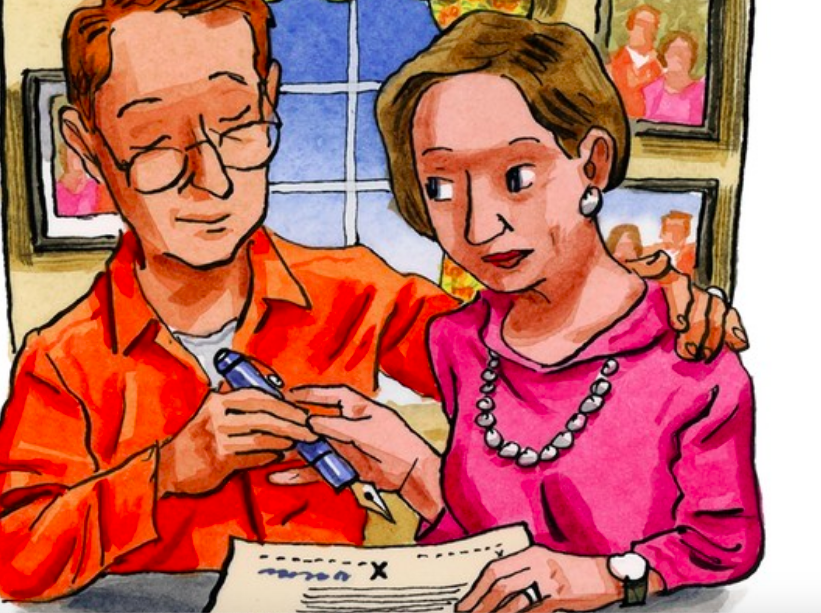Children Or Not, You Still Need An Estate Plan
Categories

It’s a common misconception that only wealthy individuals, or those with children, need an estate plan. However, everyone has belongings, a car, some own their own home. If a person passes away and they do not have a will or estate plan, the probate courts will decide who gets their belongings. Simply put, everyone needs an estate plan or parts of an estate plan, at the very least a will, a power of attorney, and a medical directive.
We have found that individuals with no close relatives, other than a spouse, tend to procrastinate when it comes to planning their estate. The estate beneficiary issue may be a difficult decision for some, causing them to procrastinate and postpone their planning indefinitely, failing to complete it before passing away, and leaving a mess after they are gone. We touched on some of the components of an estate plan above. Let’s take a closer look.
Wills
The will is the most often discussed document in an estate plan. Every state has a different set of laws regarding the will. Many wills that are created through an online service end up being inadmissible in probate court because the laws of your state are not met. As an example, some states require two witnesses. When the laws of the state are not met, the judge will decide who will inherit your assets.
Powers of Attorney
Two of the most commonly used types of powers of attorney (POA) are the durable POA and the general POA. The durable POA gives the agent the power of attorney over the person’s assets while the person is both alive and after they pass away. The general POA is active while the person is alive and well. If they get ill, the POA is no longer valid. There is also a medical POA the empowers the agent to act in the best interests of a person regarding their medical care. These powers of attorney are complicated to navigate and should be addressed with someone who has extensive experience with these types of documents.
As you can see, there are many components to an estate plan. These plans are customized for each individual – not everyone needs all of the documents that are available in an estate plan. But, everyone has the right to determine who will inherit their assets after they are gone. DO that now to ensure a seamless transfer of your estate. Find more information on estate planning here. If you have questions about the estate planning process in Oklahoma, contact us through our website.
